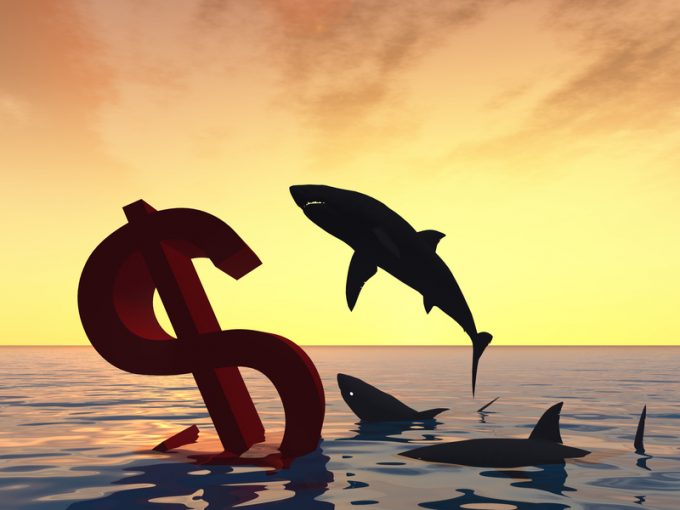No summer siesta for airfreight
Traditionally, air cargo spot rates tend to decline or remain flat at best during H1, ...

Poor market conditions are making the logistics industry, and air cargo, more attractive to outside investment.
“We love the market right now,” said Andy Popovich, chief executive of Ventus, an infrastructure investment and asset management firm.
“When there is ‘blood on the street’ – a low-rate market such as this, you can do deals. Air cargo hasn’t been blessed with capital-chasing deals. But we can create value, drive the industry forward.”
Jos Jacobsen, MD of ACL Airshop, agreed now was a good time for investors. He said: “You want to buy at the lowest to get the highest return.”
But he added there were no quick returns in air cargo.
“It’s interesting to see MSC, CMA [going into air]. Their investment should be for the longer term. It’s not a quick return. You have to be ready for high peaks and low lows. There are big risks involved.”
Mr Popovich added: “You have to allocate capital and there is risk in a downturn, so you need to sustain it for the long-term.
“[The shipping lines] knew what they were getting into and should have factored that into their investment.”
Speaking at Tiaca’s event in Brussels this week, the investors said that air cargo was an attractive industry, and should be attracting more cash.
“For private equity there is a number: 100,000,000, whether that’s dollars, euros or pounds. If it’s not 100m, the industry is not sufficient to be an asset class,” explained Mr Popovich. “I do think the market itself is investment grade – but small.”
He added: “Air cargo has been under-invested in for more than 40 years, but it’s reaching an age where it needs to be changed. Look at the horseshoe at Heathrow.
“Allow us to deploy large sums of capital – the time to invest is now.”
Edip Pektas, founder of ground handler (GHA) Maestro and Airblox and a partner at investment firm Inoa Capital, said private equity (PE) had a “lot of strategic interest” in GHAs such as SATS and WFS, but often players “were either too big or too small”.
“But the industry is evolving to the next generation of investors. Capital grows businesses.”
All speakers agreed there wasn’t enough PE in the industry. Mr Popovich added: “There are not sufficient amounts to run a dedicated investment team. But PE helps the industry access capital that wouldn’t otherwise be available.”
There has been a spotlight recently on venture capital cash: with the closure of Convoy and the struggles of VC-backed so-called ‘digital’ forwarders. But Mr Pektas said VC cash would continue to be available.
“I don’t think VC cash will dry up. VC is like a building, the first wave goes into the foundations and then you build up from there. I don’t think there is enough venture capital in air cargo. Private equity brings in more investment.
“I am very optimistic; bullish about the air cargo industry, but companies could do better. The industry is not doing well with marketing. We don’t invite outside investors, there is no dedicated event – we can do better.”
The US seems able to attract investment in a way Europe doesn’t. Mr Popovich explained: “Europe has some catching up to do, it’s 20 years behind the US. Europe is still extremely fragmented, there are about 20 jurisdictions and that can make the deployment of capital difficult. It’s much harder to attract capital in Europe.”
Mr Pektas added: “The major differences in the US and Europe are scalability and the regulatory environment. The US is much easier, even into Canada and Mexico. It’s more difficult to scale businesses in Europe because of the regulatory environment.”
He also explained that data was what attracted investors: when he set up Chicago handler Maestro, now owned by Alliance Ground International, it was because of data showing growth at Chicago. Inoa has also invested in Global K9, which uses sniffer dogs, but calls itself a data company.
Mr Popovich agreed. “Air cargo is not about moving freight, from an investor perspective. It’s about data.”
But he concluded: “This is not an overnight game. It’s 10 years – you have to play the long game.”
Comment on this article